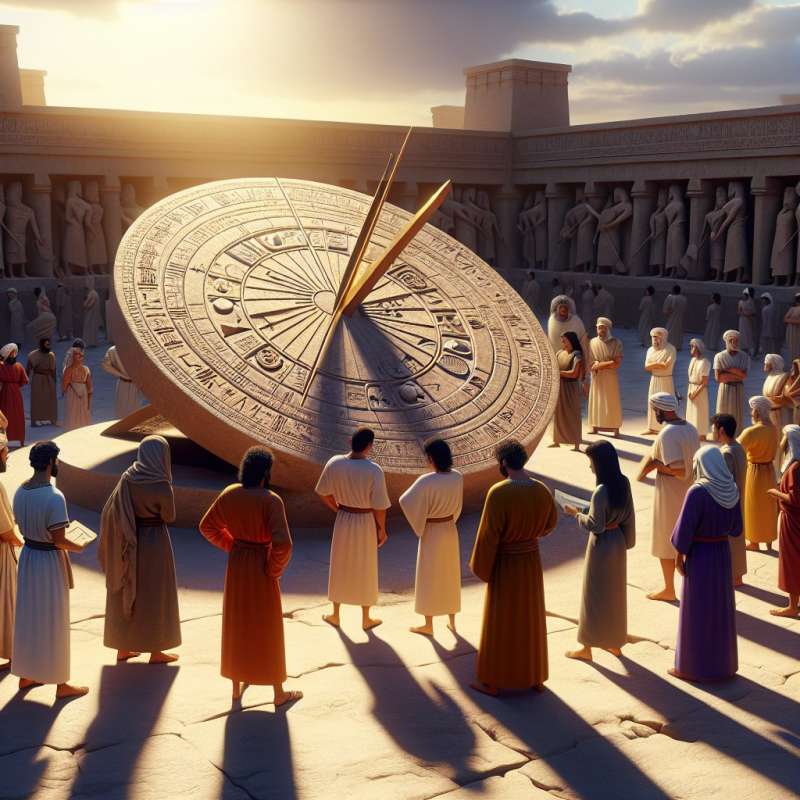
Lunar Calendars Beginnings
Early humans measured time by moon phases, leading to lunar calendars. A month was gauged by the cycle from one full moon to the next, spanning approximately 29.5 days, a system first observed in Paleolithic times.
Sumerians Introduce Mathematics
The Sumerians, around 3000 BCE, refined calendars using mathematics. They divided years into 12 lunar months, with extra days added to align with the solar year. This approach influenced subsequent Babylonian and Jewish calendars.
Egyptian Solar Calendar
Ancient Egyptians innovated a solar calendar around 2700 BCE, featuring a 365-day year split into 12 months of 30 days each, plus 5 extra days, acknowledging the yearly Nile flood's predictability.
The Roman Calendar Reform
The Roman calendar evolved from lunar to a quasi-lunar solar calendar. Julius Caesar's reform in 46 BCE introduced the Julian calendar with 365.25 days, leap years, and months resembling the modern version.
Gregorian Calendar Advancements
Pope Gregory XIII's calendar reform in 1582 AD corrected the Julian calendar's drift. The Gregorian calendar, with a 365.2425-day year and refined leap year rules, is the most widely used calendar today.
Leap Seconds Addition
To account for Earth's irregular rotation, 'leap seconds' were introduced in 1972. These adjustments ensure atomic timekeeping aligns with astronomical time, highlighting our ongoing quest for precision in measuring time.
Future Calendar Proposals
Scholars have proposed future calendar reforms, like the World Calendar or the Hanke-Henry Permanent Calendar, to simplify dates and fix the week cycle. However, adoption faces global cultural and logistical challenges.Decades Without Summers
After the 1815 eruption of Mount Tambora, 1816 became 'The Year Without a Summer', disrupting calendars and agriculture worldwide.
What marked a month in early lunar calendars?
Sun's position changes
Full moon to full moon cycle
Nile's flooding event
Company